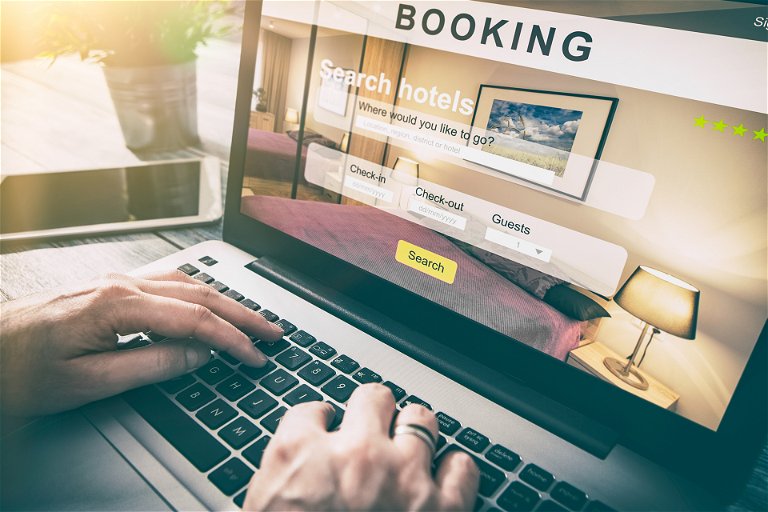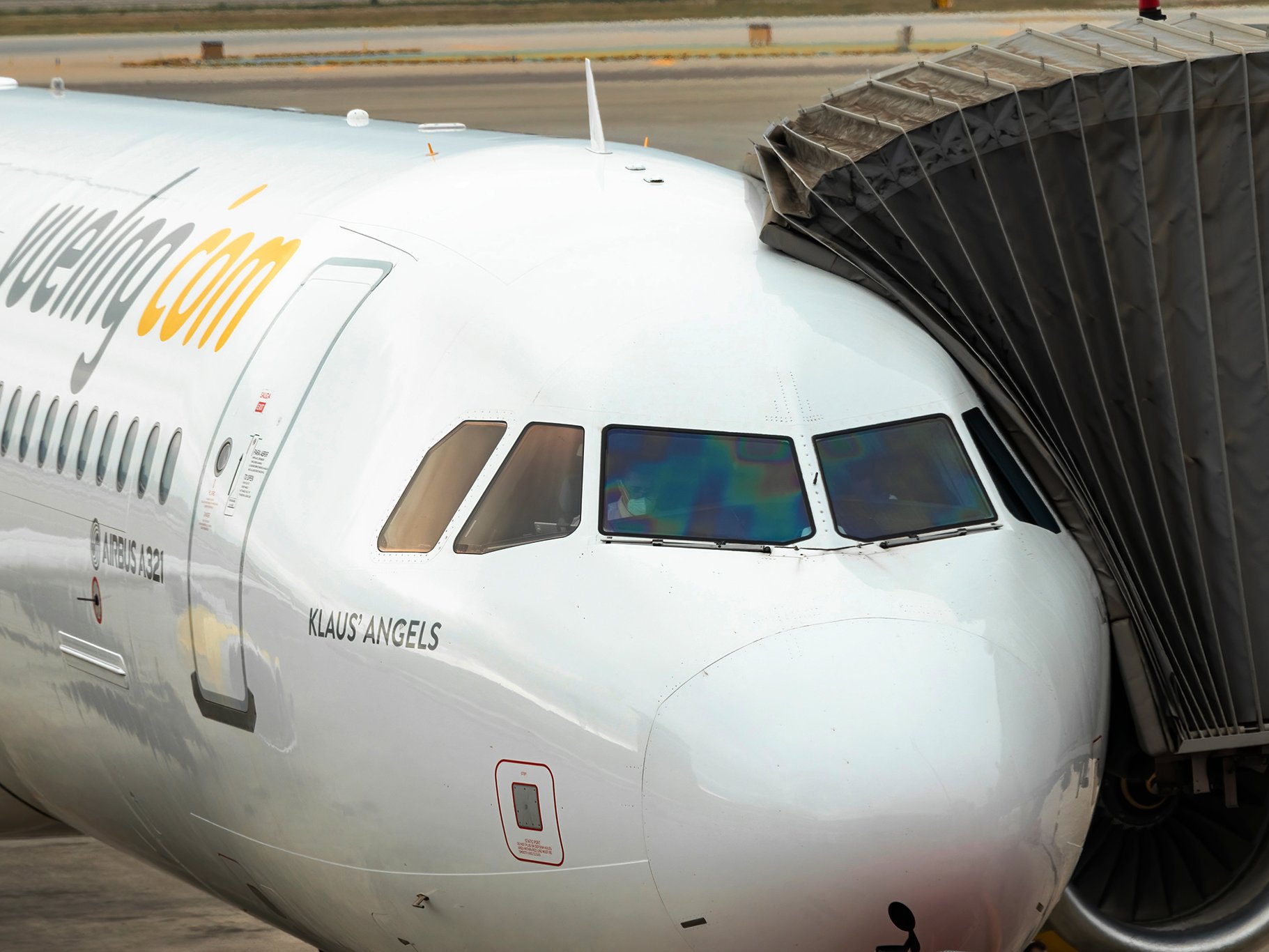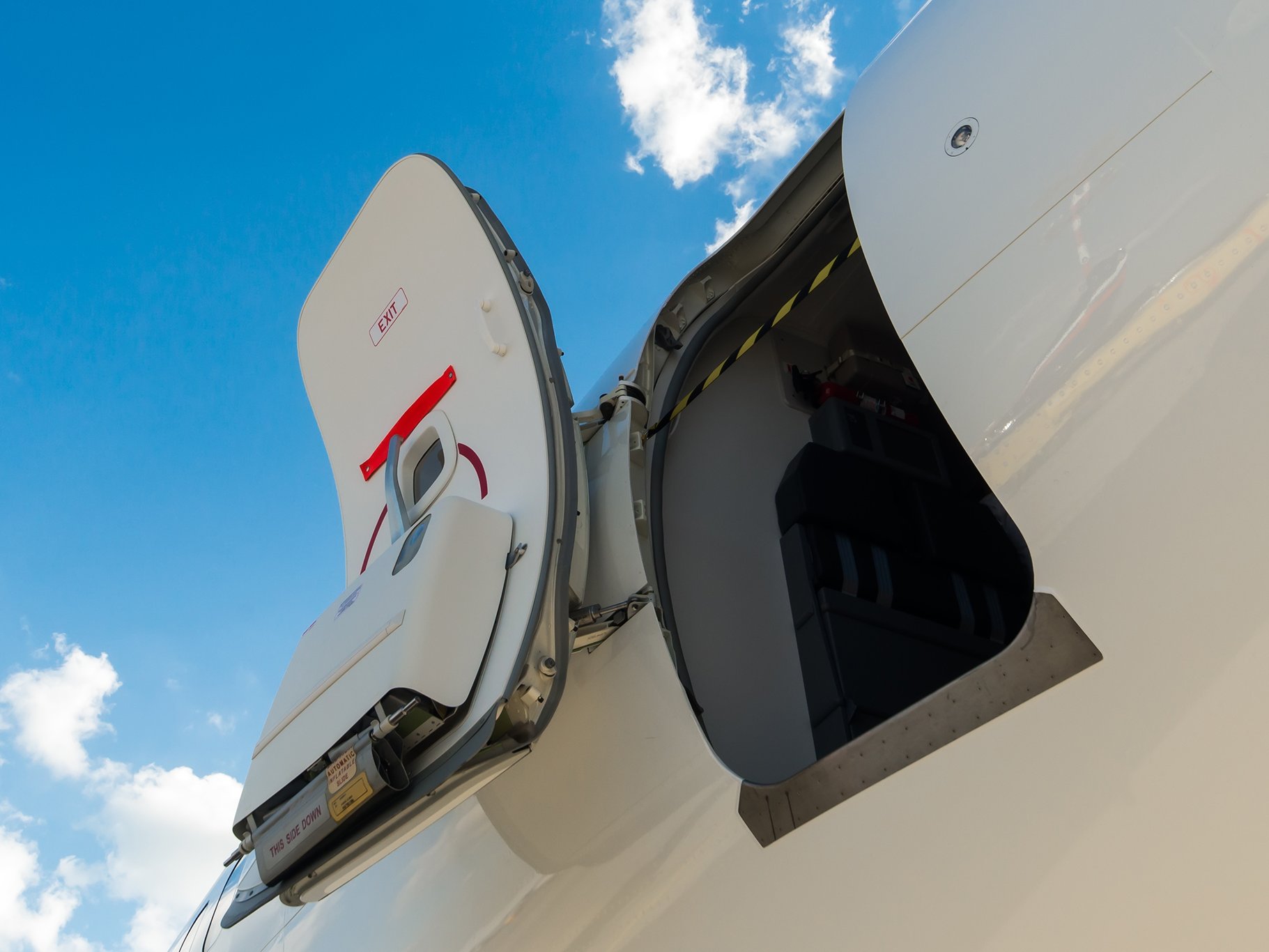How to avoid holiday scams
Holiday planners be wary: not everything is what it seems when booking a holiday via the internet.
The American Wild West was given a reboot with the arrival of the internet and the ability for thieves to target everyone with an internet connection. It took a mere three weeks following the arrival of email and internet messaging for the infamous “419 advance fee scam” (asking for a fee to provide people with a supposed bigger sum of money) that originated in Nigeria. It was named after article number (419) of the Nigerian Criminal Code. Before the internet arrived, it was carried out by traditional letter and then fax.
There is even a business area in Kolkata (formerly Calcutta) called ‘Sector V’, devoted exclusively to scam businesses. Many of these are genuine call centres operating legitimately for some of the major brands from one half of their floor, while operating a scam call centre from the other side of the same floor, with the call centre managing director controlling both businesses with one feeding off the other.
The rise of AI
Up to now, alert people have been able to identify fake ‘monetary award’ notices from the incorrect English contained in the correspondence. However, things are moving up a notch with the arrival of Artificial Intelligence (AI) which, when combined with free online translations services, means that scammers can produce very convincing communications. The Google and Alphabet CEO Sundar Pichai said recently: “Every product of every company will be impacted by the quick development of AI,” warning that society needs to prepare for the new technologies.
Once fraudsters realise that “Dear Beneficiary” and “Greetings of the Day” are not terms used by governmental and financial institutions, it will become increasingly difficult to detect fake notices from scammers trying to illegally part people from their money.
Sadly, when it comes to matters of the heart – booking a dream holiday definitely falls into that bracket – we humans rarely, if ever, allow our heads to rule, especially if it’s a holiday we aspire to at a very attractive price. And with our rush to cut to the chase, we can miss some of the vital signs that a supposed official email and its corresponding website should show; or when the result from a search of the internet ends up not being what it is supposed to be.
How can you avoid holiday scams? Here are the most useful tips:
Check any links and the web address
The first and most obvious test is that if you are booking a holiday through www.youridealholiday.co.uk (we’ve made that one up, by the way!) keep your eyes wide open and make sure that the URL hosting the web page is the one that opens, with a security padlock in the address bar and with no redirection. Many email hosts (for example, Gmail) actually expose fake URLs contained in email messages; and be very wary of a URL contained in a clickable image, it may be fake.
Is the holiday provider registered under an approved travel association?
Once you have established the internet address of the business you intend to purchase from is genuine, check that they are a member of a registered association, such as ABTA (Association of British Travel Agents), that will protect your holiday. You can make a further check to see if they are the members they claim to be by visiting this site. One of the regular scams is that some supposedly genuine firms claim to be members of ABTA when they are not – but also, this eliminates any businesses that may be genuine but are being perhaps a little economical with the truth, and have had their membership rescinded for some reason or other.
Never pay direct by bank transfer
The first rule of purchasing anything on the internet has to be obeyed without compromise. Never pay by direct transfer unless you are paying to someone you know. You will have virtually no comeback as the banks will simply reply caveat emptor (let the buyer beware). Always use either a credit card, debit card or something such as PayPal. And remember, there is a chance that if you have been scammed you may not receive the charge back to your card if you have, in any way, shown yourself to be negligent. This is why it is so important to keep a trail of your activities to demonstrate your own due diligence with your purchase.

Pay directly through the portal
Never let the attraction of a ‘one off special discount’ (or something similar) take you away from paying through a site portal, such as Airbnb. Despite the notoriety that some of these sites have for making it as difficult as possible to obtain a refund from an official site purchase, if you receive an offer you cannot refuse to purchase ‘off platform’, you will not receive a refund from the portal or your bank, unless you have been obviously scammed and you can prove it; e.g., a scammer on a portal site offering a fake property. Always read the terms and conditions on the relevant website and do not tick the “I have read and accept” box without doing so (take screenshots of all your booking procedures).
Even the best can be the worst
Certain aspects of holiday booking that go wrong through no fault of your own can be very frustrating, if not totally unfair. Many companies have obfuscated terms and conditions that are a minefield to navigate. Some firms, such as Ryanair, are not the easiest travel firms in the world to obtain a refund from, relying on their customers to use their own holiday insurance if something goes wrong. And remember, if you claim from your holiday insurance company, you gain a ‘black mark’ which can make things difficult if you have a future claim with your next holiday, irrespective of whether you have been the totally innocent party or not.
As an example, if a budget airline damages or loses your luggage, they have no right, under The Montreal Convention 1999 (MC99) to expect you to claim from your holiday insurance policy (unless you have items of extraordinary value that you have lost).
It is also unfair for a passenger to expect the airline to repay the cost of a ticket for a no-show (after all, theatres don’t offer refunds if you don’t show up). However, there is an ethical argument regarding those airlines that charge you for baggage in advance to return any of those charges you have paid on top of your basic ticket charge. A personal situation arose where I had to cancel a flight with Ryanair because my partner contracted bronchial pneumonia four days before we were due to go. In fairness, I did not expect the flight cost back (it was only £68 for the two of us return) but was very annoyed that they would not refund the £72 baggage charge. It was not worth claiming on our holiday insurance as the hotel at our destination (the Gresham Hotel in Dublin) refunded the cost of our 4-night stay in full within two hours of my email to them, together with a lovely message of sympathy. After contacting Ryanair four times, I still await the courtesy of even a reply to my emails two years on.
And keep your wits about you when it comes to car rental. Sadly, more expensive though they may be, the big brands are the best. Check the small print well in advance and again, ensure you are visiting a genuine ‘padlocked’ website. It has been known that everything looks inclusive, yet you are landed with, for example, an unexpected daily damage policy on top of the driving insurance you have already taken out that can add an extra unexpected increase to your costs. And sadly, some car firms can identify deposit-losing damage not of your doing, so take photographs yourself at the point of rental, and get the rental company to acknowledge in writing that they have seen them.
Putting your own holiday package together?
The safest method of purchasing a holiday is via a package from one single, inclusive association-registered site. Adding, for example, a car rental ‘at a great price’ in advance at your arrival airport separately yourself will see you out of pocket if there is, for example, a specified time window in which you can pick up your car and your flight is delayed, and you miss that window.
If you arrive at your destination and you have booked your own accommodation, and whether through a lack of communication, or even a scam, your arrival is unexpected and the booking does not exist, you will simply have no accommodation and no comeback. A complete holiday package will ensure this does not happen.
Check your insurance
Unless you hold an annual policy from one of the respected insurance companies that you are entirely happy with, give any single-trip (or other annual) policy and its small print a very careful inspection. Most insurance application forms will offer you the opportunity to divulge things such as existing or other medical problems, something you must do. With so much insurance fraud, insurance companies will look for anything unusual or unexpected in the event of a claim. And, as previously mentioned, any claim will give you a ‘black mark’ that will question you in the event of future claims.
Again, the same rules apply to checking the authenticity of the insurance provider that they have an established underwriter you can check. Even with the best and most expensive ‘diamond’ top-of-the-range policy, there may be exclusions and you may find you are not covered when you give in to your children and take them on a surprise drag behind a speedboat on an inflatable banana float. Remember that some insurance companies specialise in cover for specific activities, such as a skiing holiday, and you really need to use these rather than just an insurance comparison website where the cheapest policy tends to be more generic.
It may take an hour or two longer but …
- Very carefully establish that the website you are purchasing from is genuine and fully check any claimed credentials.
- Check the terms and conditions for any holiday or holiday service carefully. Flights, accommodation, insurance, car rental, excursions, exclusions, extras.
- Research the best card to take with you to pay your way and always pay in local currency when they ask. You can accumulate extra charges by paying on your card in your home currency. Split your cards if you intend to spend a lot, making use of any upper limits before extra charges are incurred on each respective card. There are now a multitude of debit cards you can purchase ‘at home’ loading them in advance with the expected local currency, e.g., dollars, at very good rates because of domestic competition for your business.
- Ensure you have the best and most suitable holiday insurance for your needs, and ensure you declare any medical conditions.
- Pay, preferably by credit card, for your holiday.
- Take a slim money belt with you that you can hide under your shirt for money, banking cards and passports when you are out and about.
- Do not sign up for trips from street vendors unless you are 100 per cent sure of their authenticity – book though a tourist office or your hotel.













